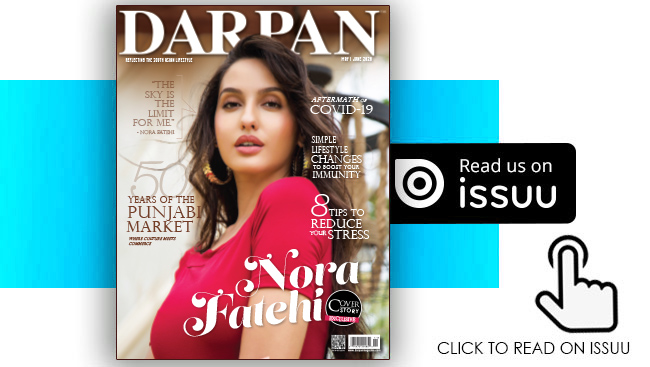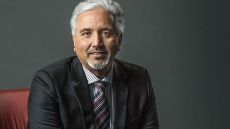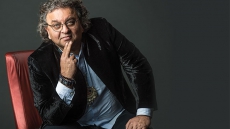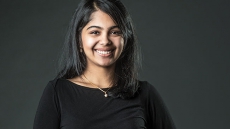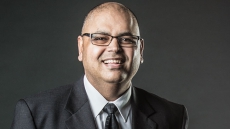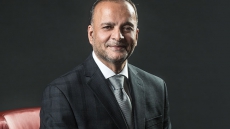“When things don’t come easy, you figure it out and you get there. That teaches you resilience.”
When your area of specialty is producing fashion events and branding campaigns, COVID-19 is the ultimate challenge. It’s not the first obstacle the creative director and CEO of Mustang Productions, Sadia Siddiqui, has faced in her career but is one of the biggest ones.
Sadia was born and raised in Pakistan. She pursued higher education in business in England when she got her MBA (top five of her cohort). Since then, she has poured her experience in international marketing, business relations and management into her own production company, Mustang Productions. The venture covers both sides of the fashion industry, the creative and the commercial one. Two years ago, Sadia moved her operations from London to New York. Heading to the United States was never the plan and the executive had to start all over again: “I wondered if I should continue doing what I was doing or go down a different route. I worked so hard to establish this platform, I would have been a pity if I let it go.”
Sadia persisted and brought Fashion Parade –Mustang flagship event showcasing South Asian designers– from London to NY: “It was one of my best shows. The press we received described our diversity-based fashion show as a brand new concept.”
The pandemic hit just as Mustang was founding its footing, forcing Sadia and other entrepreneurs in the field to take stock and consider options like rebranding or diversifying. In Sadia’s case, she has pivoted to video-blogging, not as a new business, but as a personal branding activity: “It’s called Truly Sadia. It’s not strictly a fashion blog, it’s more about lifestyle. I produce all of it, from start to finish. I was used to work with teams, so I’m learning a lot.” New episodes are added weekly.
In the meantime, Sadia is keeping an eye out for the changes ahead in order to adapt to the new normal. “Social distancing is not going to end anytime soon. They’re predicting a couple of years. We don’t know if people will still want to spend money on production. When it comes to the necessities of life, fashion doesn’t come on the top end. But it’s too early to say.”
How has your upbringing in Pakistan shaped your worldview?
Being from Pakistan has taught me to be resilient. I love my country and have deep roots, but things in Pakistan are not run in a systematic way. When things don’t come easy, you figure it out and you get there. That teaches you resilience. My country is used to hardships. When something like this (COVID) happens in a Western economy, people are shaken up. In Pakistan, people get up and get on with their lives.
South Asians around the world have made significant contributions to the countries that have received them. How do you explain this phenomenon?
I’ve seen kids from Pakistan and India do extremely well in university. They come from a family structure that has propelled them, they’ve been told education is everything to succeed in life. Parental involvement in developing countries like Pakistan and India helps children develop the inner-confidence to go out there and reach their goals. Unfortunately, only a portion of the population gets great education. If everybody were to get it, we would be somewhere else.
What is the biggest misconception in the Western world about the Pakistani fashion world?
The Pakistani fashion industry only started a couple of decades ago. There’s a lot of potential: The craft is stunning, you would be overwhelmed over how beautiful it is. But the perception overseas is very bias, hardwired by the international press, which is why few know about it. Also, there isn’t enough fashion or textile exhibitions happening abroad. Because of travel restrictions, a lot of foreign buyers haven’t been to Pakistan to see what designers are creating and producing. That said, the fashion industry is doing really well within the country so they don’t see the need to go international.

